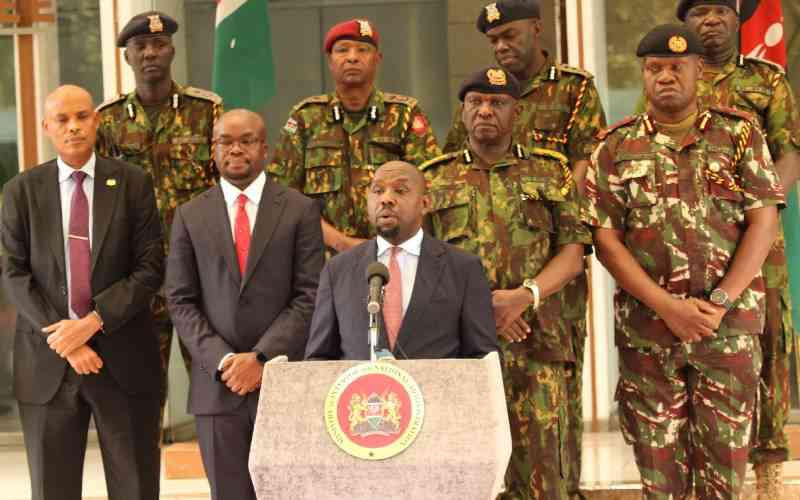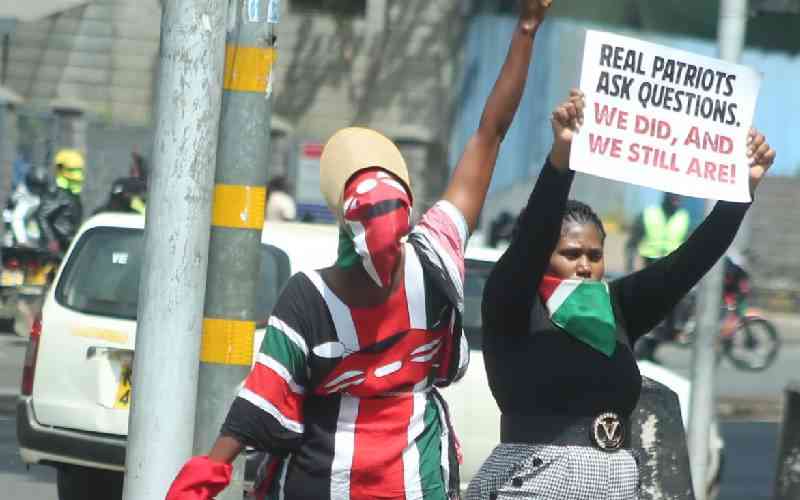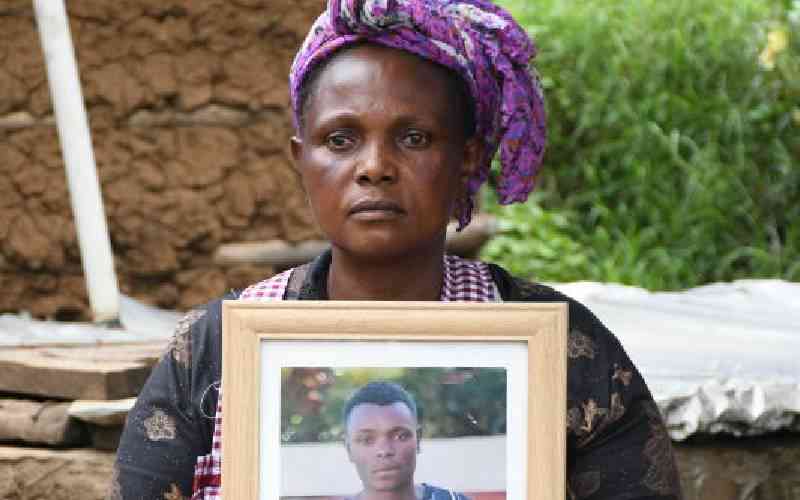JSC Condemns Police Gun Drama During Ruiru Court Arrest
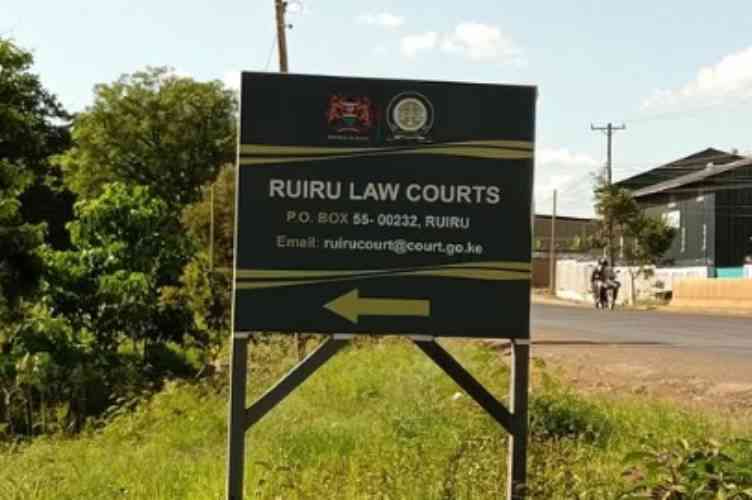
The Judicial Service Commission (JSC) has issued a strong condemnation of police actions following an incident on Friday, July 4, where gunshots were fired during the re-arrest of a suspect inside the Ruiru Law Courts. The commission emphasized that courts are sacred spaces crucial for constitutional adjudication and must be safeguarded as secure forums for justice administration.
The dramatic events unfolded moments after youth leader Peter Kinyanjui Wanjiru, an ally of Democratic Change Party leader Rigathi Gachagua, had been released on a Sh 500,000 bond. Immediately upon his release, armed officers from the Anti-Terror Police Unit (ATPU) moved in to re-arrest Wanjiru, discharging firearms as they swiftly whisked him away in a white van. Winfridah Mokaya, Secretary of the JSC, articulated the commission’s stance, stating, “Courts are sacred spaces of constitutional adjudication and must be respected, protected and preserved as secure forums for the administration of justice.”
While acknowledging the police’s mandate to enforce the law and apprehend suspects, the JSC clarified that the use of firearms within court precincts is wholly unjustified and directly undermines the authority and integrity of the judiciary. Wanjiru had been initially arrested on Monday from his Limuru home in Kiambu County. He faces accusations of involvement in the June 25 Gen Z protests, which tragically led to fatalities and extensive damage to both government and private property across various parts of the country. Police specifically allege his role in unrest and arson attacks within the Kikuyu sub-county.
During the re-arrest, Wanjiru’s mother attempted to intervene and block the officers, but she was overpowered as her son was driven away at high speed, leaving behind a scene of confusion and screams within the court premises. Concurrently, another youth leader, Wanjiku Thiga, was also re-arrested outside the Kikuyu Police Station shortly after being released on a Sh 50,000 cash bail. Plainclothes officers seized Thiga, with police indicating she is under investigation for allegedly financing unrest during the aforementioned protests. Her family reported that they were not informed of her destination.
In a related development, a group of 25 youths was arraigned at the Kahawa Law Courts on Friday. They stand accused of torching government offices in Kikuyu town during the protests. The prosecution sought to charge them with terrorism-related offences, but the court deferred plea-taking to July 7, noting that the suspects were brought in after official court hours. The government has intensified its crackdown on individuals it claims were involved in criminal acts during the protests, explicitly linking these incidents to terrorism under the Penal Code.
Mokaya reiterated the JSC’s plea, urging “all actors within the justice sector to refrain from acts which erode confidence in institutions charged with the administration of justice.” The Judicial Service Commission continues to underscore that while law enforcement agencies have a clear mandate, the sanctity and safety of courts as venues for the impartial administration of justice must always be preserved.
You may also like...
POLITICS:SHOULD POLITICIANS EARN THE MINIMUM WAGE?

What if your president earned the same as a teacher? This bold essay explores the growing divide between political elite...
Erased or Ignored? The Forgotten Female Heroes of African History”
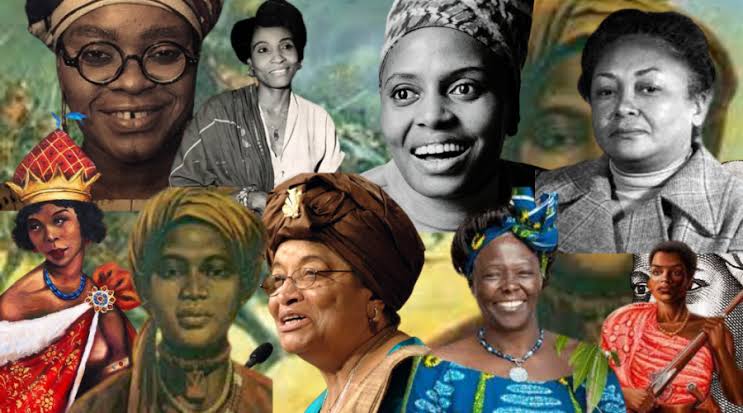
Discover the untold stories of Africa’s forgotten female heroes—from warrior queens and resistance leaders to spiritual ...
Africa's Growth Paradox: Why Booming Economies Aren't Delivering Jobs for Its Youth Majority

Africa's GDP is rising, but youth unemployment persists. Uncover the disconnect between economic growth and job creation...
Emotional Blackmail in African Homes: Love, Guilt, and Obedience

Explore how emotional blackmail shapes relationships in African homes—where love is often tangled with guilt, obedience,...
SOCIAL INSIGHT: IS MARRIAGE STILL RELEVANT IN THE 21ST CENTURY?

Once seen as the ultimate milestone of adulthood, marriage is now being questioned, redefined, and reimagined. This essa...
Urban African Youth and the Rebirth of Cultural Identity
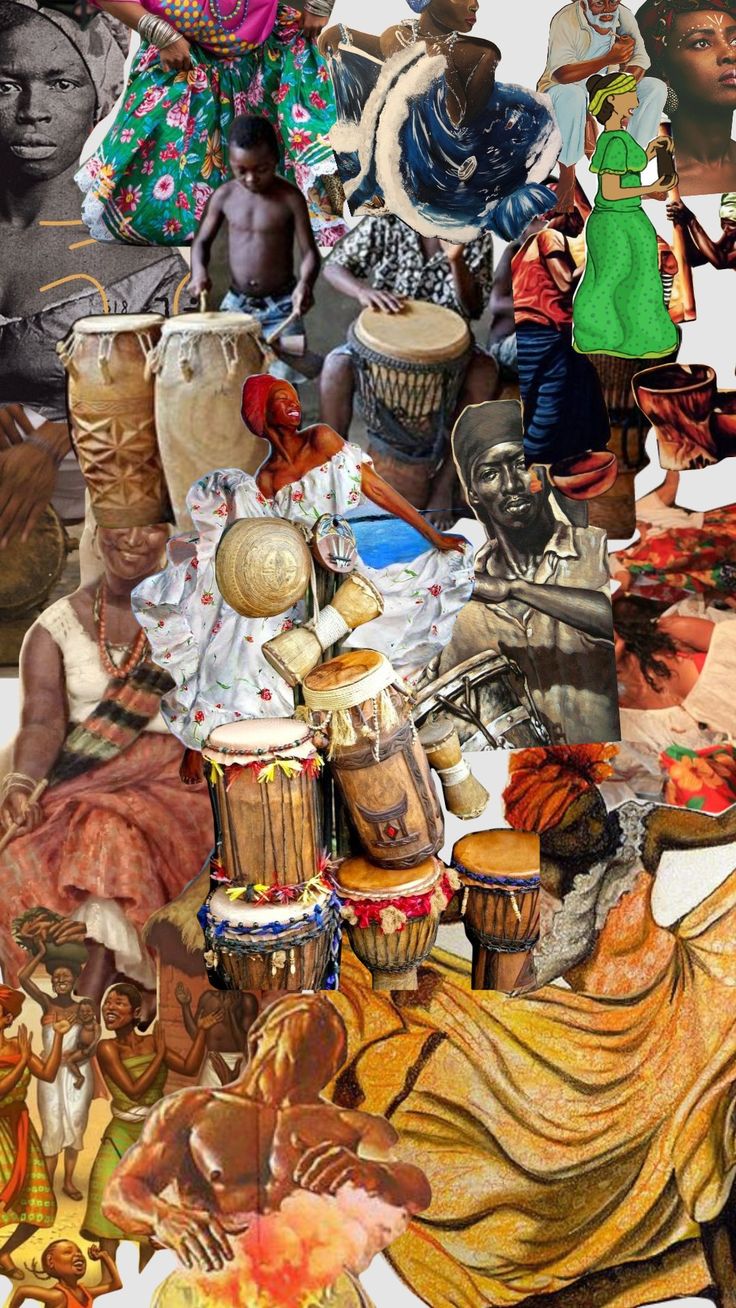
Urban African youth are redefining cultural identity through music, fashion, technology, and activism. From Kenya to Sou...
What Happens to African Girls Who Say No?
(3).jpeg)
Explore the struggles and resilience of African girls who dare to say no to forced marriage, gender-based violence, and ...
The African Dream Is Still to Leave Africa

For many young Africans, the dream isn’t to build Africa — it’s to leave it. This piece explores why the African Dream o...


